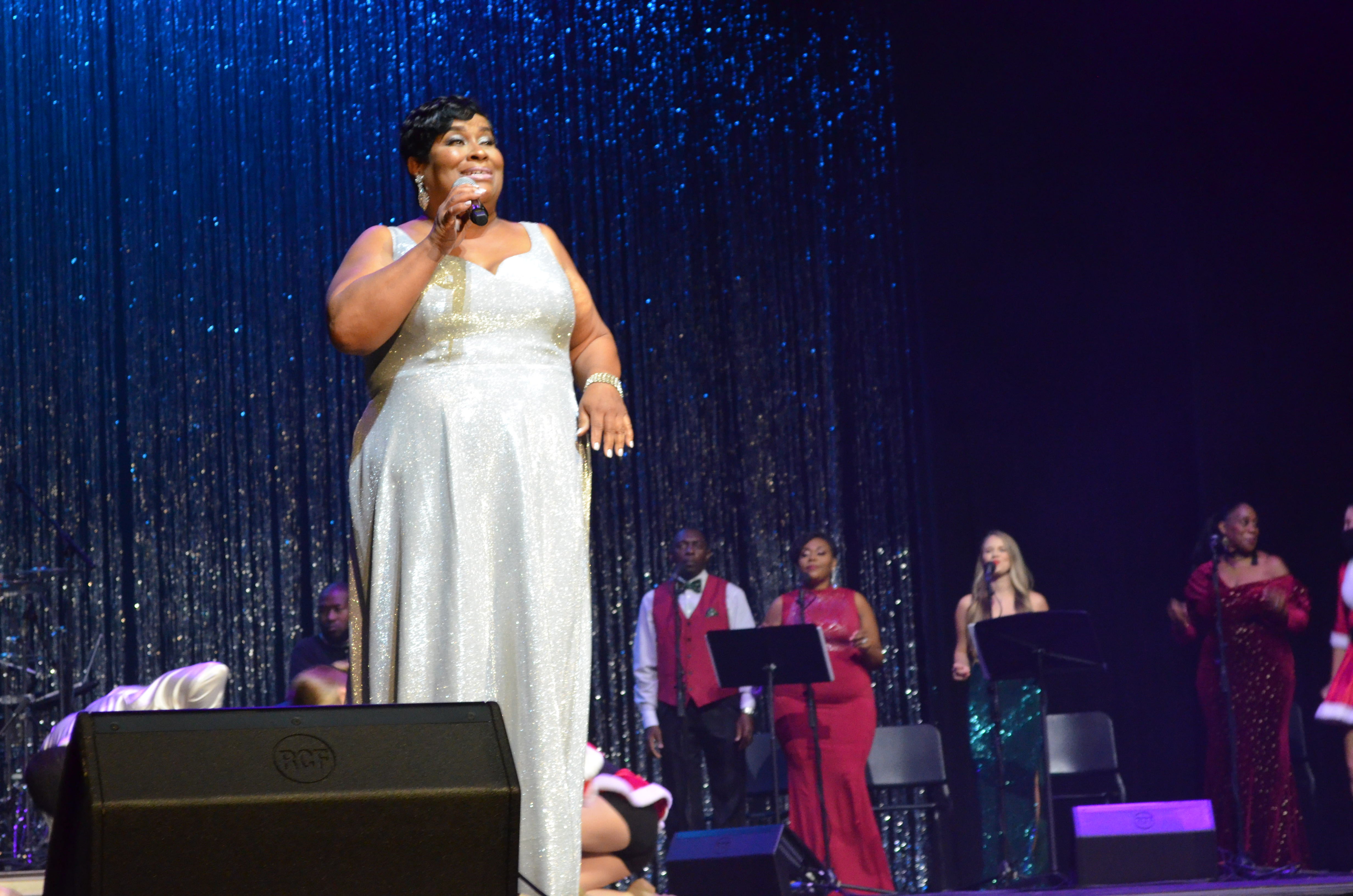Airbnb rental home shut down for lack of business license
Published 3:00 am Tuesday, July 17, 2018
Matt West says he “was caught off guard” by the need to secure a business license before renting his home on Airbnb.
West, who owns a three-bedroom home on Spradley Drive in the Country Club neighborhood, said he was unaware of any zoning issues or the need to get a business license when he began renting his home on the Airbnb website about a year ago.
City Clerk Alton Starling said West has been sent a cease and desist letter to stop the rental of the home.
“I had no clue that I would need a business license,” West said. “This kind of caught me off guard. I’m working right now on trying to straighten it out.”
Confusion over city regulations regarding home rentals surfaced in recent weeks, with the opening of The Station, a property specifically designed for short-term rentals located in downtown Troy. That property falls within allowed zoning ordinances, but city officials have discovered other rental listings which do not have business licenses or proper zoning exemptions.
For example, West’s home is located in R1 (low residential) zoning, which Troy planning and zoning administrator Melissa Sanders said has no allowance for short-term rental situations, called a tourist home.
A tourist home is defined in the zoning ordinance as a “single-family dwelling rented or leased for short-term accommodations for terms of no less than two nights nor more than six months. Such properties are typically single-family homes that vacationers can rent and occupy as if it were their own home for the duration of their stay. Such homes must still conform to occupancy requirements and regulations for the district in which they are located. For the purpose of these provisions, holiday cottages, holiday homes or vacation properties shall be considered a tourist home.”
“RR (reserved residential) zoning and R3 (high-residential) zoning both have provisions for allowing a tourist home on exception,” Sanders said. Examples of RR neighborhoods include Oak Park, Prospect Ridge and Palos Verdes, while R3 zoning includes Hubbard Street, Aster Avenue, Dunbar Drive, South Knox Street and Folmar Street.
“R1 and R2 (medium residential) zoning do not have those provisions,” Sanders said. Examples of R1 neighborhoods include Second Avenue, University Avenue, Magnolia Street, Country Club, Forest Circle and Murphree Street. R2 neighborhoods include Montgomery Street, Segars Street and Orion Street
In R3 zoning, rooming, tourist, and boarding houses can be permitted on appeal only if the floor area for such proposed use shall not exceed 75 percent of the total floor area of the residence.
Although R1 and R2 zoning have no provisions allowing tourist homes, Sanders said any resident can come before the board of adjustments to make a request for the designation. The approval process would include a public hearing, and that adjustment exemption would be required before a business license is issued.
In addition to the zoning requirements, city officials have said Airbnb owners need a business license to operate, which is required for any business conducted within the city limits. Starling said lodging tax must also be collected by those in the business of renting out a home.
West said his home, a three-bedroom residence, had typically been rented out for several weeks at a time.
“I’ve mainly rented it out over 30 to 45 days,” West said. “(Airbnb) is filling a need for people travelling with a large family, giving them a space to all be together and cook meals, not having to go out for everything or staying in multiple rooms in a hotel. It’s a different niche.”
West’s home was one of four Troy homes recently listed on Airbnb, a popular website that offers peer-to-peer short-term rental homes.
Two of the other residences are downtown, which allows for rental homes. Another home on Trojan Way, listed as the Trojan Lodge, received special approval as a short-term vacation home and event venue in 2014, before the city created the tourist home definition in 2015.
Sanders said city officials are still researching how other cities have approached the regulation of Airbnb homes and other similar rental properties.
“We are still looking into Airbnbs (and similar rentals),” Sanders said. “It’s relatively new and other cities have looked into this … I know that Tuscaloosa amended their zoning ordinance in July of 2017 to regulate them … With anything new and outside the box, we have to research it to make sure we’re doing what’s best for our city as a whole.”
The Airbnb company was founded in 2008 in San Francisco and has grown into a worldwide network of short-term rental homes. The company has more than 5 million lodging listings on its website – and it doesn’t own any of them. Instead, individual homeowners contact Airbnb to become a host home – the company collects a 3 percent host service fee and a guest services fee of up to 20 percent for the stay.



